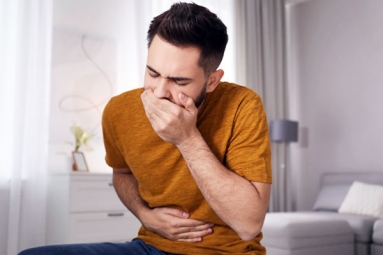
(Image source from: Canva.com)
For many people, coffee is the primary source of energy and concentration. But what takes place if you stop consuming it all at once? Your body and mind will need to adapt, which might be tough initially, but typically brings advantages over time. Here’s what you can expect:
Reduced Anxiety and Jitters: Caffeine excites the nervous system, which can increase feelings of anxiety. Eliminating it usually leads to less restlessness, fewer jitters, and a calmer heartbeat.
Stabilized Blood Pressure and Heart Rate: Caffeine causes a temporary spike in blood pressure and heart rate. Giving it up helps the heart and blood vessels to become more stable, especially for those who are more sensitive.
More Consistent Energy Levels: Instead of experiencing sudden bursts of energy followed by crashes, your body will learn to maintain a steady energy flow. You might feel a bit tired at first, but over time, your energy will become more even.
Less Mood Variation: Caffeine influences dopamine and cortisol, which can create mood swings. Without caffeine, your mood can become more stable and less reliant on needing a coffee boost.
Improved Sleep Quality: When caffeine is no longer blocking adenosine, a chemical that promotes sleep, your sleep patterns can return to normal. Many individuals find they enjoy deeper and more refreshing sleep after a few days without it.
Revamped Taste and Hydration: Without the dehydrating effects of coffee, your body tends to stay better hydrated. Additionally, your taste buds may reset, allowing the natural tastes in food and drinks to be more enjoyable.



















